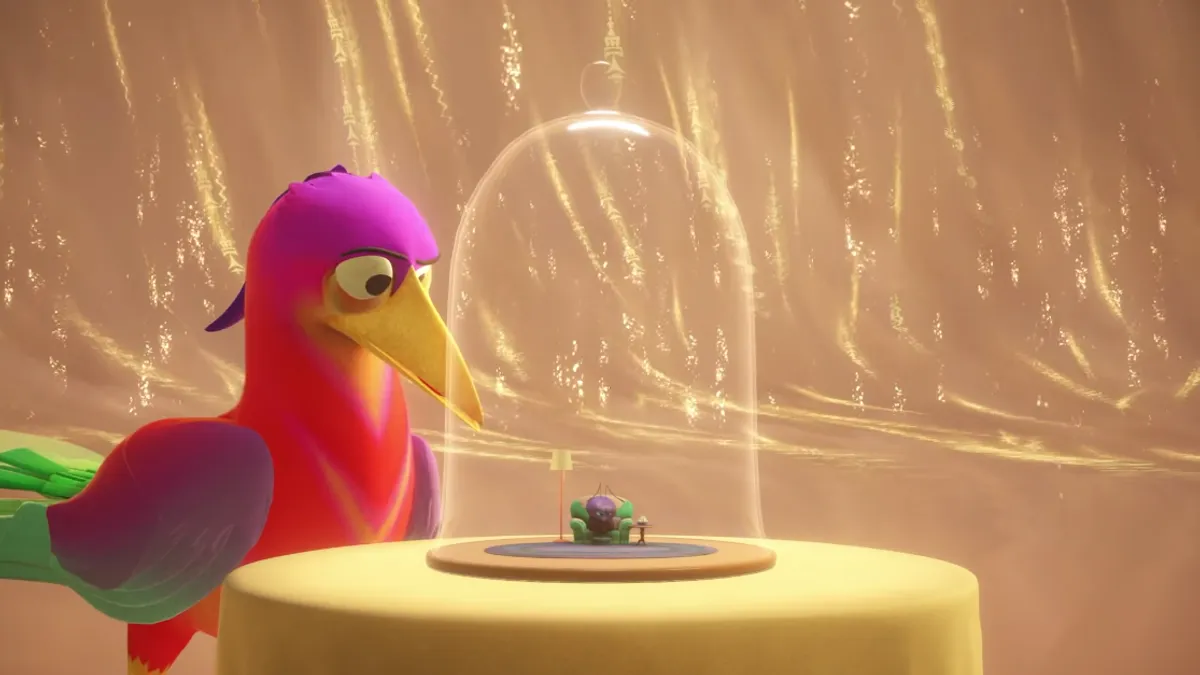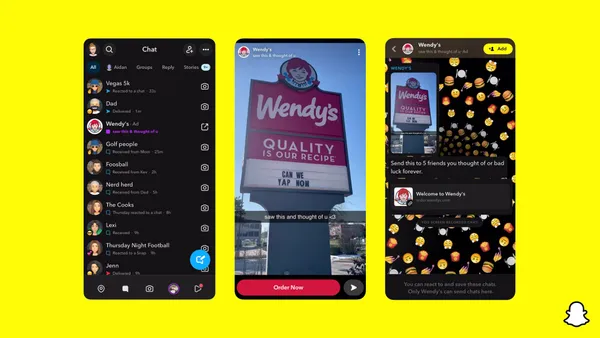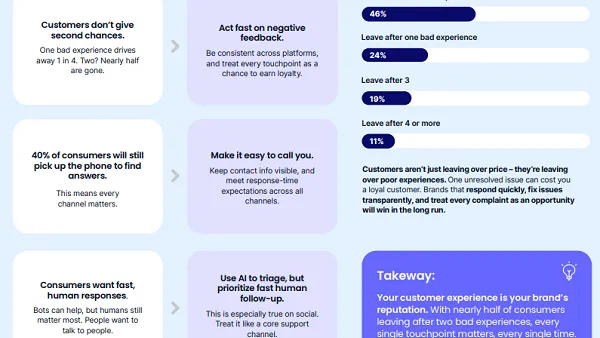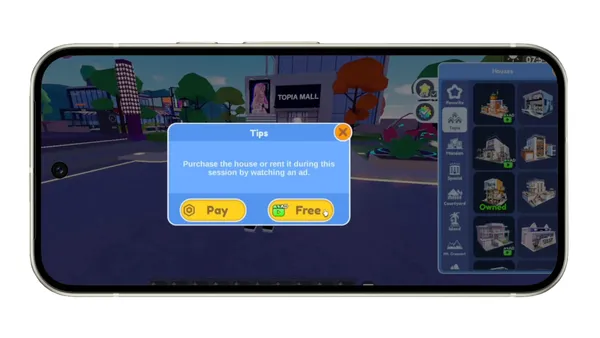Brief:
- Baobab Studios this week introduced a face filter on Facebook to promote the animated virtual reality (VR) film "Crow: The Legend," according to Variety. The augmented reality (AR) filter transforms a viewer's face into the main character from the short film and allows them to sing along with recording artist John Legend, who voices Crow.
- The filter uses facial recognition to match Crow's gestures with a viewer's face, which is overlaid with a digital image resembling Apple's Animoji. Mobile users can either lip sync to the song or use karaoke mode that shows the lyrics as subtitles.
- Baobab Studios, the animation developer backed by 20th Century Fox, in November released "Crow: The Legend" for Oculus VR headsets. A two-dimensional version of the film also is available to stream on Google's YouTube. The 21-minute VR film is based on a Native American tale and features the voices of Oprah Winfrey, Constance Wu, Diego Luna and YouTube star Liza Koshy.
Insight:
The AR face filter for "Crow: The Legend" gives mobile users a chance to interact with the main character of the animated short film, even if they don't have an expensive VR headset. Despite years of hype, VR devices still haven't become mainstream electronics devices. Global shipments for VR headsets grew 8.2% to 1.9 million units in Q3 2018 from a year earlier, as manufacturers offered extensive discounts on existing products and saw shipment gains for consumer and commercial markets, according to the International Data Corporation.
Along with providing a way to market the film beyond the VR headset-owning audience, the "Crow: The Legend" face filter is Facebook's latest move into the AR space. AR face filters that let mobile users lip-sync to songs may help Facebook to lure people from social video app TikTok, which has become a major player in the social media app space as mobile-savvy consumers show a penchant for creating and sharing musical content. TikTok last month created a series of holiday-themed AR face filters as part of a charity fundraiser, highlighting how themed AR features on social media can more deeply engage young audiences with other content or promotions.
In November, Baobab Studios also aired a 360-degree movie trailer that users could view on Facebook's mobile or desktop versions as well as through an Oculus headset.
Baobab Studios is among the companies that are developing VR entertainment that may make the technology more compelling for audiences, while hardware makers develop less expensive headsets that are more accessible to a wider group of consumers. The new year is set to bring dozens of fresh VR games, and Facebook-owned Oculus in the spring will release its much-anticipated Oculus Quest VR headset starting at $399. Facebook last month filed information about the device with the Federal Communications Commission, a step that indicates a shipping date is approaching, Variety reported.














